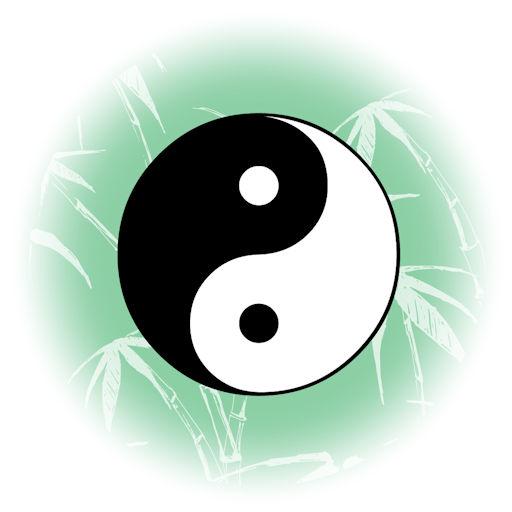Articles (published by outside sources)

Tai Chi Chuan and Depression
The research into Tai Chi Chuan’s benefits for physical health has become quite robust in the last 20 years.
I am now also looking into research on mental health benefits, especially for depression and anxiety, two of the most prevalent mental health challenges in our society.
This article reviews the English-language research as of early 2023.
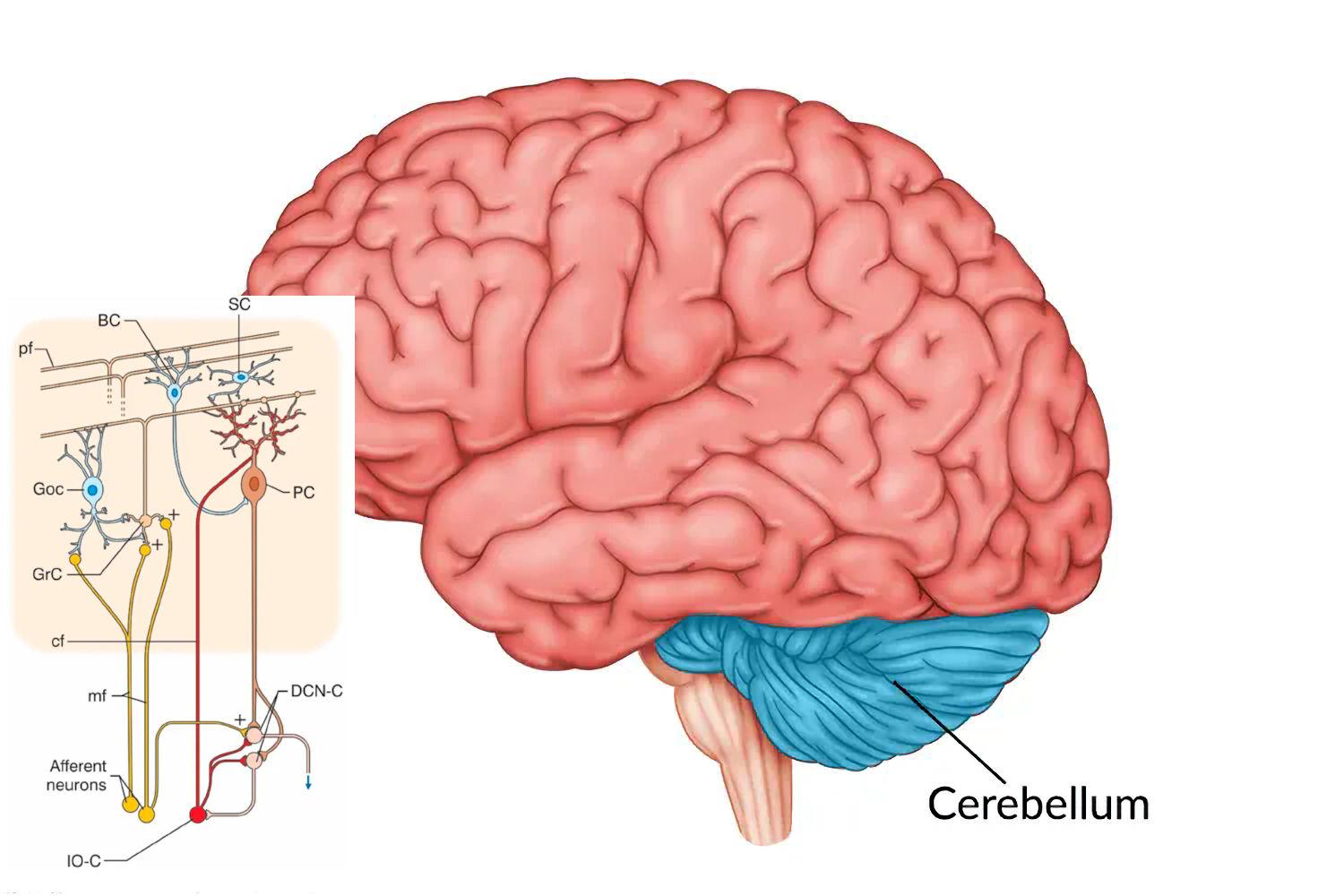
What does the Cerebellum Do Anyway?
The name “cerebellum” means “little brain”—it sits under your “big” brain. If you have previously heard about the cerebellum, you may think of it as a primitive “lizard” brain.
However, the cerebellum has to do not only with smooth, coordinated movement but also with logical thinking, and is crucial for stress-free, rapid, and accurate responses to our environment.
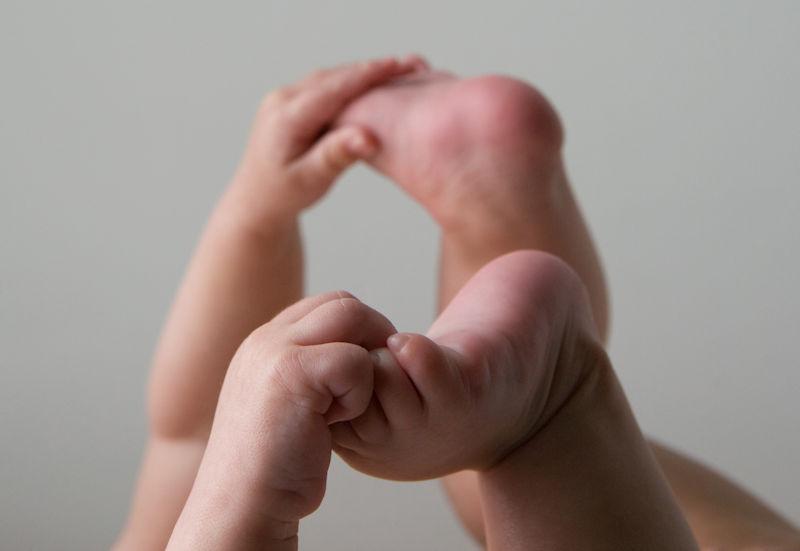
Brain, Toes, and Fingers: Clues About How They Connect
This article points to several conclusions on brain organization that help explain Tai Chi Chuan body mechanics and in fact, all athletic human movement.
We live with gravity and use the ground to support our movement. But our goals for martial arts and other sports take place in the air. For these reasons, toes and fingers, and their connection, are important to understand.

Tai Chi Increases Brain Size and Benefits Cognition in Randomized Controlled Trial of Chinese Elderly
Scientists from the University of South Florida and Fudan University in Shanghai found increases in brain volume and improvements on tests of memory and thinking in Chinese seniors who practiced Tai Chi three times a week, reports an article published in the peer-reviewed Journal of Alzheimer’s Disease.

Tai Chi Chuan exercise related change in brain function as assessed by functional near-infrared spectroscopy
TCC has been shown to reduce anxiety and depression. However, the mechanism of the effects of TCC training on brain function remains poorly understood, especially in real-time body movements. Therefore, it is necessary to study the change in brain function related to TCC movement state.

11 Ways Tai Chi Can Benefit Your Health
Reduces stress Improves mood Better sleep Weight loss Improves cognition Improves balance Fibromyalgia COPD Parkinson’s Heart disease Arthritis Takeaway What is tai chi? Tai chi is a form of exercise that began as a Chinese tradition. It’s based in martial arts, and involves slow movements and deep breaths. Tai chi has many physical and emotional
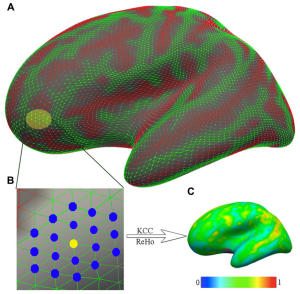
Tai Chi Chuan optimizes the functional organization of the intrinsic human brain architecture in older adults
Compared to a control group, the Tai Chi Chuan (TCC) experts had improved functional specialization in the left ACC and improved functional integration in the right PosCG. These findings provide support for beneficial effects of TCC on cognition, behavior and health.
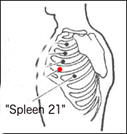
Slow motion of Tai Chi Chuan—William C. C. Chen
June 12, 2018 The awareness center of brain is located on the top of the back head in Chinese medical chart named “Baihui” (百會- the hundred gatherings, which is a place to receive information and processing.) and the western’s indication is an “Antenna”. Raising the alertness in the brain from spinal cord without muscle tension
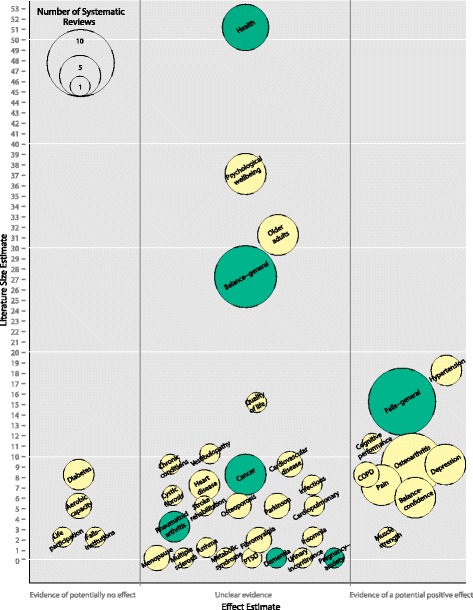
An evidence map of the effect of Tai Chi on health outcomes
National Institutes of Health / July 27, 2016 Tai Chi, also known as Tai Chi Chuan or Taijiquan, developed as an ancient Chinese martial art and is today widely practiced for its health benefits. Many forms of Tai Chi exist, but in western culture, it is most commonly taught as a series of slow, gentle,
